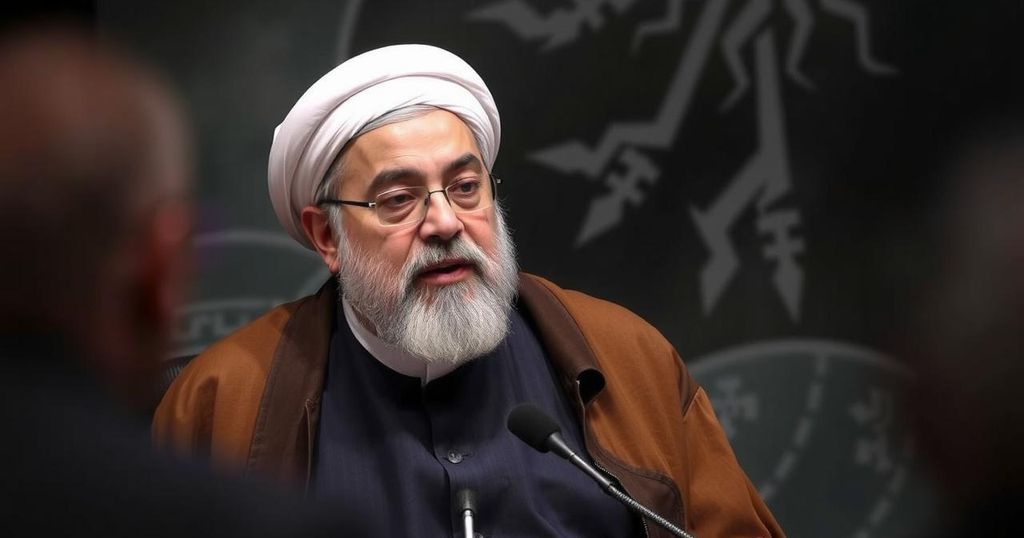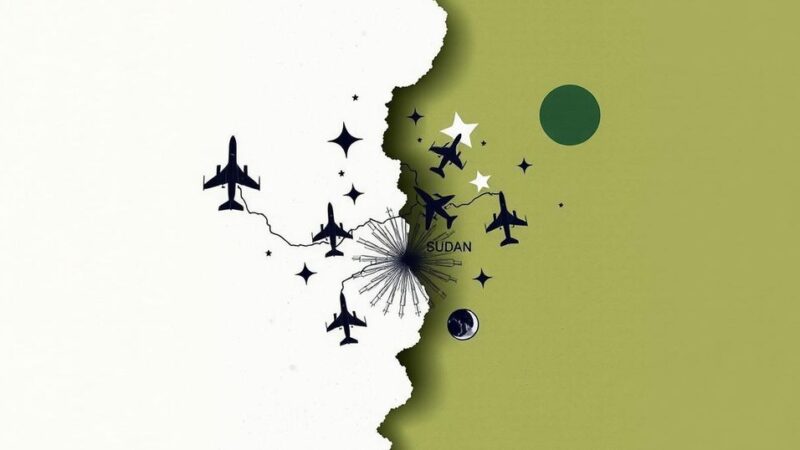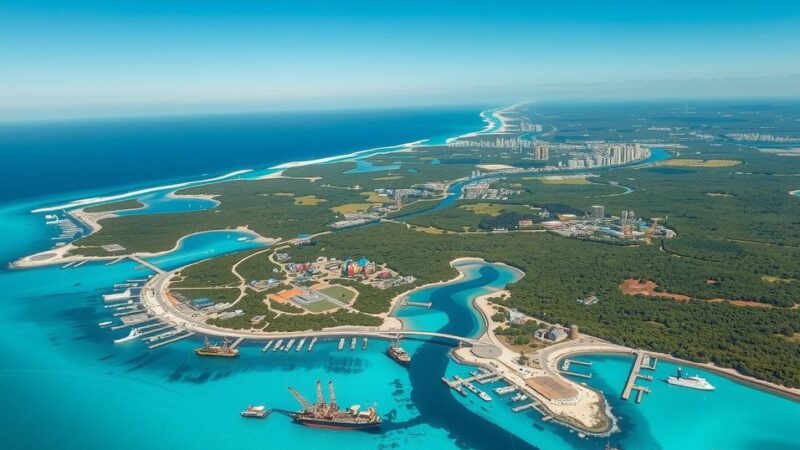Iranian Foreign Minister Abbas Aragchi warned that any future Israeli attack on Iran would escalate into a widespread war. During his visit to China, he affirmed Iran’s readiness to defend itself while emphasizing the necessity of diplomacy. He addressed ongoing conflicts in Syria and Lebanon, praised Hezbollah’s resilience, and commented on the Israel-Hamas situation, advocating for peace and stability in the region.
In a recent interview with China’s state broadcaster CCTV, Iranian Foreign Minister Abbas Aragchi warned of the severe consequences following any future Israeli strikes on Iran, stating it would result in a “widespread war.” He articulated Iran’s strong readiness to counter any Israeli aggression while emphasizing the importance of diplomacy. During his visit to China, Aragchi engaged in discussions about bolstering ties between Iran and China and expressed hopes for a peaceful resolution to the conflict in the Middle East, particularly concerning Syria and the ongoing war between Israel and Hamas.
Aragchi described the events unfolding in Syria as both unexpected and troubling, asserting that Syria should not become a base for terrorism and must instead determine its future independently. He expressed Iran’s genuine intent to assist in stabilizing Syria, ensuring the safety of all its ethnic groups. On the topic of Hezbollah’s resilience, he praised its ability to withstand Israeli attacks, heralding it as a strong force and highlighting its rebuilding efforts following adversity.
Focusing on the Israel-Hamas conflict, Aragchi characterized Israel’s forced discussions regarding a ceasefire as indicative of its struggles against Hamas. He reiterated that any ceasefire agreement must be determined by Hamas and the Palestinian people, emphasizing Iran’s support for such an agreement if accepted by the concerned parties. Furthermore, he lamented the U.S. withdrawal from the nuclear agreement, categorizing it as a strategic blunder, and concluded with a vision for a peaceful 2025 without conflict or aggression.
The interview with Abbas Aragchi provides insights into Iran’s stance on potential conflicts with Israel, highlighting a broader regional perspective concerning alliances and diplomatic relations. Aragchi’s discussions encompass the complexities surrounding the Syrian civil war, relations with Hezbollah in Lebanon, and the ongoing Israel-Hamas conflict. The context of U.S.-Iran relations remains critical, especially considering the significance of nuclear negotiations and the impact of U.S. foreign policy on regional stability. This analysis sheds light on Iran’s strategic positioning and its emphasis on diplomacy amidst escalating tensions.
In conclusion, Iranian Foreign Minister Abbas Aragchi underscored the potential for an all-out war should Israel conduct further attacks on Iran. He emphasized Iran’s preparedness and commitment to diplomatic resolutions with regional powers, particularly China. Aragchi’s remarks reflect an ongoing commitment to regional stability while addressing the complex dynamics of intra-Middle Eastern relations and the broader implications of U.S. foreign policy. His expressed hope for a more peaceful world in 2025 resonates with the desire for harmony amidst ongoing conflicts.
Original Source: www.jpost.com






